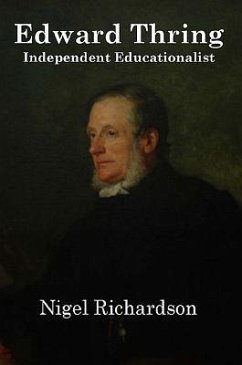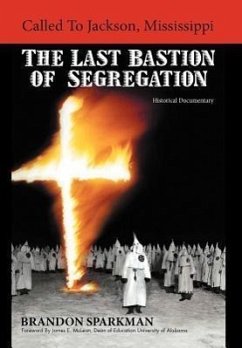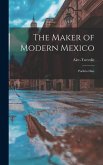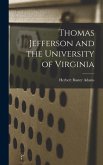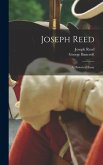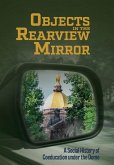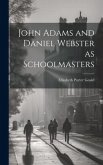Edward Thring on Education Edward Thring (1821-1887), who founded the Headmasters' Conference of prominent schools in Britain in 1869, was the best-known headmaster of his generation. Formed by a nature-loving childhood in rural Somerset, survival in the notorious Long Chamber at Eton, a fellowship at King's College Cambridge and a harrowing curacy in the slums of Gloucester, he developed the conviction that education was God's work. This in turn led him to a passionate belief in the potential of every child. From 1853, over 34 years, Thring transformed a small grammar school in Uppingham into a widely-celebrated boarding school with an international clientele. He battled against intransigent governors, growing debts and the encroachment of government control over every type of school. After facing potential disaster from a series of typhoid outbreaks, he relocated his staff and pupils to Borth in Wales, returning only after securing radical improvements in Uppingham's drainage and water supply. Although dismissively labelled "the enthusiast Mr Thring" by the Cambridge philosopher Henry Sidgwick and King of Boys by other critics, his social conscience led to the founding of a mission in London's East End, the first venture of its type. Through two books, Education and School (1864) and The Theory and Practice of Teaching (1883), Thring provided a blueprint for high-quality boarding schools, a broad curriculum and child-centred teaching methods. This is the first modern biography of this multi-faceted and emotionally complex man.
Hinweis: Dieser Artikel kann nur an eine deutsche Lieferadresse ausgeliefert werden.
Hinweis: Dieser Artikel kann nur an eine deutsche Lieferadresse ausgeliefert werden.

